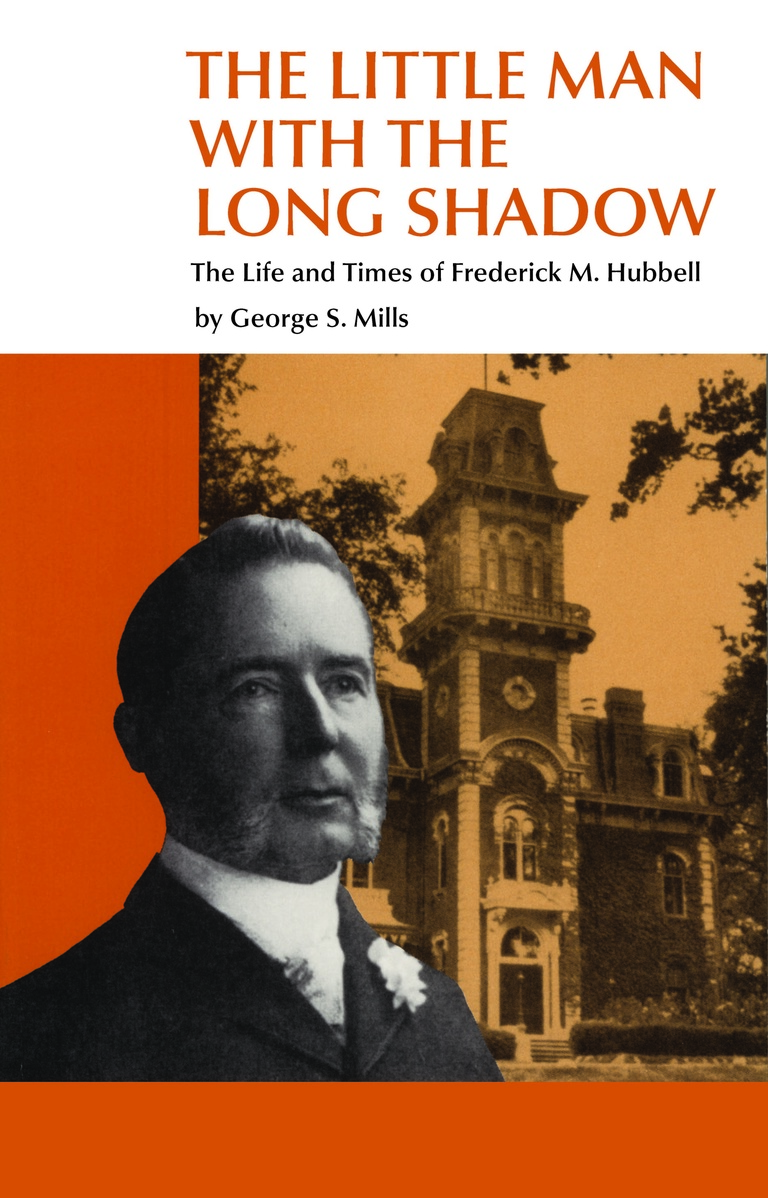In 1847, young Dr. Abraham Van Norstrand left Vermont to seek his fortune in the West, but in Wisconsin his business ventures failed, and a medical practice among hard-up settlers added little to his pocketbook. During the Civil War he organized and ran one of the army’s biggest hospitals but resigned when dark rumors surfaced about him. Back home, he accepted with mixed feelings the one prestigious position available to him: superintendent of the state’s first hospital for the insane.
Van Norstrand was a newcomer to the so-called “Hospital Movement,” perhaps the boldest public policy innovation of its time, one whose leaders believed that they could achieve what had long been regarded as impossible, to cure the insane. He was a driven man with scant sympathy for those he considered misfits or malingerers. Even so, early observers were impressed with his energetic, take-charge manner at the hospital. Here at last was a man who stood firm where his predecessors had weakened and foundered. But others began to detect a different side to this tireless ruler and adroit politician. It was said that he assaulted patients and served them tainted food purchased with state money from his own grocery store. Was he exploiting the weak for personal gain or making the best of a thankless situation? Out of this fog of suspicion emerged a moral crusader and—to all appearances—pristine do-gooder named Samuel Hastings, a man whose righteous fury, once aroused, proved equal to Van Norstrand’s own.
The story of Abraham Van Norstrand’s rise and fall is also the story of the clash between the great expectations and hard choices that have bedeviled public mental hospitals from the beginning.
“The Best Specimen of a Tyrant [is] the story of one driven and unlucky man. In it, the reader also sees the attitudes toward mental illness in the latter half of the 19th century and the impact of the Civil War on the mental states of its veterans. . . . It’s an absorbing read, one with themes—including treatment of veterans, post-traumatic stress disorder, and corrupt actions by high-ranking officials—that resonate sharply today.”—Linda A. Falkenstein, Isthmus Books Quarterly
“. . . a fascinating character study of a complex and influential physician, as well as . . . an illuminating account of hospital psychiatry during a far more rudimentary age.”—Kenneth C. Casimir, M.D., The Wisconsin Psychiatrist


